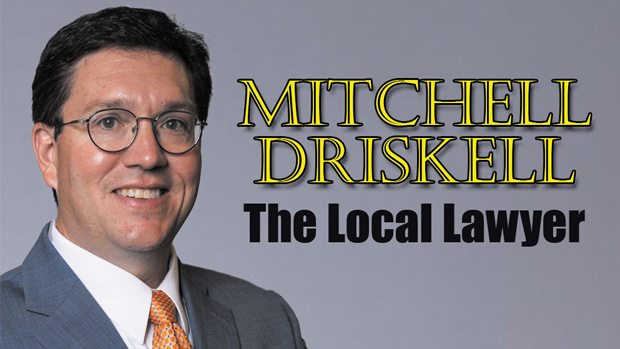
Earlier this week the Supreme Court unanimously ruled against the NCAA in the antitrust case National Collegiate Athletic Assn. v. Alston. Athletes will not be immediately cashing in, but the decision clearly signals changes in NCAA compensation rules are inevitable.
In a unanimous decision, the Supreme Court held that the NCAA rule prohibiting schools from offering educational benefits and monetary benefits related to educational accomplishments violated antitrust law because the rule was an illegal agreement to limit fair, market-value compensation. Under the Supreme Court’s decision, athletes playing Division I men’s or women’s basketball or Bowl Subdivision football will be able to receive benefits from their schools that include cash or cash-equivalent awards based on academics or graduation. The ruling is likely to allow colleges to offer football and basketball players pricey enticements related to their education—such as thousands of dollars in cash awards for maintaining a high GPA or making progress toward graduation, or graduate school scholarships and study abroad opportunities. Schools also can offer scholarships to complete undergraduate or graduate degrees at any school and paid internships after athletes have completed their collegiate sports eligibility. The decision is strictly limited to educational-related benefits.
The Supreme Court was not presented with the issue of whether the NCAA can prohibit other forms of payment and compensation, such as straight up salaries or bonuses based on performance. The NCAA’s prohibition on “in-kind benefits unrelated to a student’s actual education,” in other words “getting paid to play,” are still in effect.
But the logic of the Court’s decision applies to all forms of compensation and experts see the case as applying broadly and expect legal challenges to other NCAA restrictions to be successful, move quickly through the Courts and to win again soon at the Supreme Court level. In fact, Justice Kavanaugh seemed to invite student athletes to challenge other rules:
“Nowhere else in America can businesses get away with agreeing not to pay their workers a fair market rate on the theory that their product is defined by not paying their workers a fair market rate,” Justice Kavanaugh wrote. “And under ordinary principles of antitrust law, it is not evident why college sports should be any different. The NCAA is not above the law.”
Justice Kavanaugh’s quote comes from his “concurring” opinion and is not the adopted opinion of the Court. He agreed with the rest of the Court that the NCAA should lose this particular case, but he seems to have thought that the words of the Court were too specific to the issue presented in this particular case. He wrote a separate opinion expressing his agreement that the NCAA cannot prohibit educational-related benefits but going one step further and saying that he does believe that they can legally prohibit other forms of compensation.
Mitchell Driskell has been an Oxford lawyer for twenty-one years. He practices criminal law, family law, business transactions, and civil litigation. Email him mdriskell@danielcoker.com. Follow him on Instagram @mdriskell, twitter @MODIIItweets, TikTok @DriskellLaw and on Facebook.

